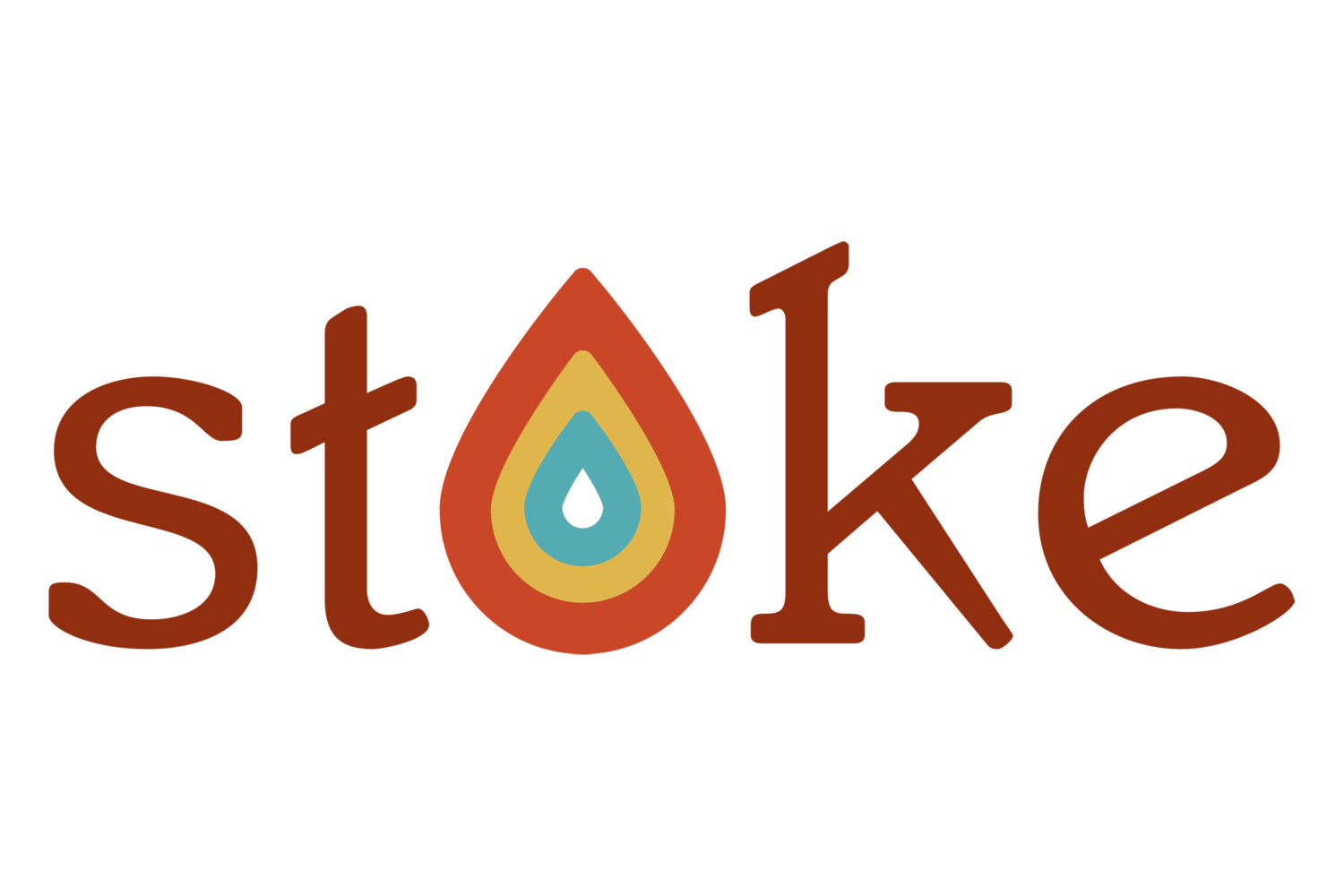Originally published 9/24/21, revised and updated 3/21/23
The prevalence of coworking spaces in the U.S and across the world has grown exponentially in the past decade and a half, since the “first official” coworking space opened in 2005. Statistics show that thisgrowth will continue, even with (or maybe in spite of) the pandemic forcing folks to work solely from home for a time.
In 2015, there were about 331,000 people using coworking spaces in the U.S. This number grew to approximately 1.08 million in 2022.
What Exactly Is ‘Coworking’?
You’re coworking when you’re working around other people in a designated space (though you’re not necessarily all working on the same project or for the same company).
Coworking is similar to an open office concept, but with many companies inhabiting the space rather than just one and usually without the cubicles. Instead, there are multiple seating options and places to work from, chosen, designed, and arranged with ergonomics in mind for workers’ comfort, productivity, and needs. (You can read more about ergonomics and well-designed workplaces here linked.)
Some coworking spaces have turn-key offices in addition to the more common open desk areas or dedicated desk areas. Stoke has 19 offices, 30 dedicated desks, and a few dozen coworking seats and desks.
Part of Stoke’s coworking desks in 2021
A major component of coworking is the physical environment (lighting, seating, sound, plants, and so on) but an equally important component is the social, collaborative aspect of coworking that results from the organic connections made amongst people who use the space.
Coworking space communities promote collaboration over competition and encourage sharing tools, resources, and contacts.
Many coworking spaces are tech and startup hubs in their communities, but also serve people in different industries and from different backgrounds. (Check out “Who Are Your Coworkers When You’re Coworking at Stoke?” linked.)
When and Where Did Coworking Begin?
“Coworking, as we know it today involving a physical space, started in 2005 when software engineer Brad Neuberg used the term to describe a physical space where independent and mobile workers came together to work in a casual environment.” The concept of coworking (working around/with other people) wasn’t new, but intentionally designating space, providing amenities, and considering work styles and ergonomics made coworking what it is currently.
The first coworking space, according to Neuberg, was actually “the San Francisco Coworking Space at Spiral Muse (not the Hat Factory as has been misprinted sometimes). [He] had several friends involved in the Spiral Muse space, which was a feminist collective in the Mission district in San Francisco.” You can read about the details and agreement for space use on Brad Neuberg’s blog page, titled Coding in Paradise.
Coworking in Denton
In Denton, the tech and startup community started actively coworking together at Banter, coffee shop and venue, the site of which is now the restaurant and bar, 940’s Kitchen and Cocktails. Some early members of that designated space to cowork are now Stoke members. Working around others who are also task-focused affected morale and productivity, and the reliable WiFi and abundant coffee added to the appeal. In 2016, years of efforts to start an official coworking space resulted in Stoke opening its doors on August 1st as a partnership with the City of Denton’s Economic Development program, with the Dallas Entrepreneur Center managing the space at the time.
Who Benefits From Coworking?
For people who work from home, have just started their own company, or whose teams went entirely remote and are now distributed teams, coworking spaces help by eliminating the kinds of distractions that come with a home office, the startup costs often associated with needing office equipment, amenities, and space, and the lack of interaction and motivation that remote teams can experience.
Some people need temporary office space because they’re in town for a couple of weeks on business or because their home is undergoing renovations (or being built). In some cases, startups know that they’ll grow quickly and can’t commit to a certain office size or price. Just as common are the teams who are waiting for an office buildout to be completed or
Coworking spaces have diverse populations, from entrepreneurs and startups to freelancers and remote teams. Remote workers contribute significantly to the demand for coworking spaces. 63 percent of companies now have remote workers and this number continues to rise.
For those who meet with clients or have to bring together the remote team for quarterly meetings, coworking spaces also have different spots designed for conversation and collaboration. Breakout lounges with comfortable couches can be a more casual setting to meet, or conference rooms with flatscreens for projecting presentations or reports are available.
Coworking meets the needs of the changing nature of work and a shift from the traditional office setting. People with work and meeting space needs now have flexible, affordable options that can grow with their business, or accommodate their remote working/independent contractor work styles.
As Denton’s coworking space, Stoke also contributes to community efforts by sponsoring annual events by other organizations and offering programs, events, and resources for entrepreneurs, small business owners, creatives, and techies alike.
Coworking Options at Stoke
In addition to guest passes (day/punch passes), Stoke has several levels of membership to accommodate the different needs of remote workers, small business owners, entrepreneurs, and other professionals in various fields. For the business owner only need to work from Stoke a few times a month, virtual membership is ideal for cost and amenities (2 hours of conference room reservation per month, 2 days of coworking, 9 - 5, Monday through Friday). For the software developer with a dual monitor set up, a dedicated membership (your own desk, locking file cabinet, and 24/7 access) might be best. One of the main perks of a coworking space is the flexibility and adaptability of space use, so if your distributed team needs a pod of dedicated desks, we can do that for you too!





